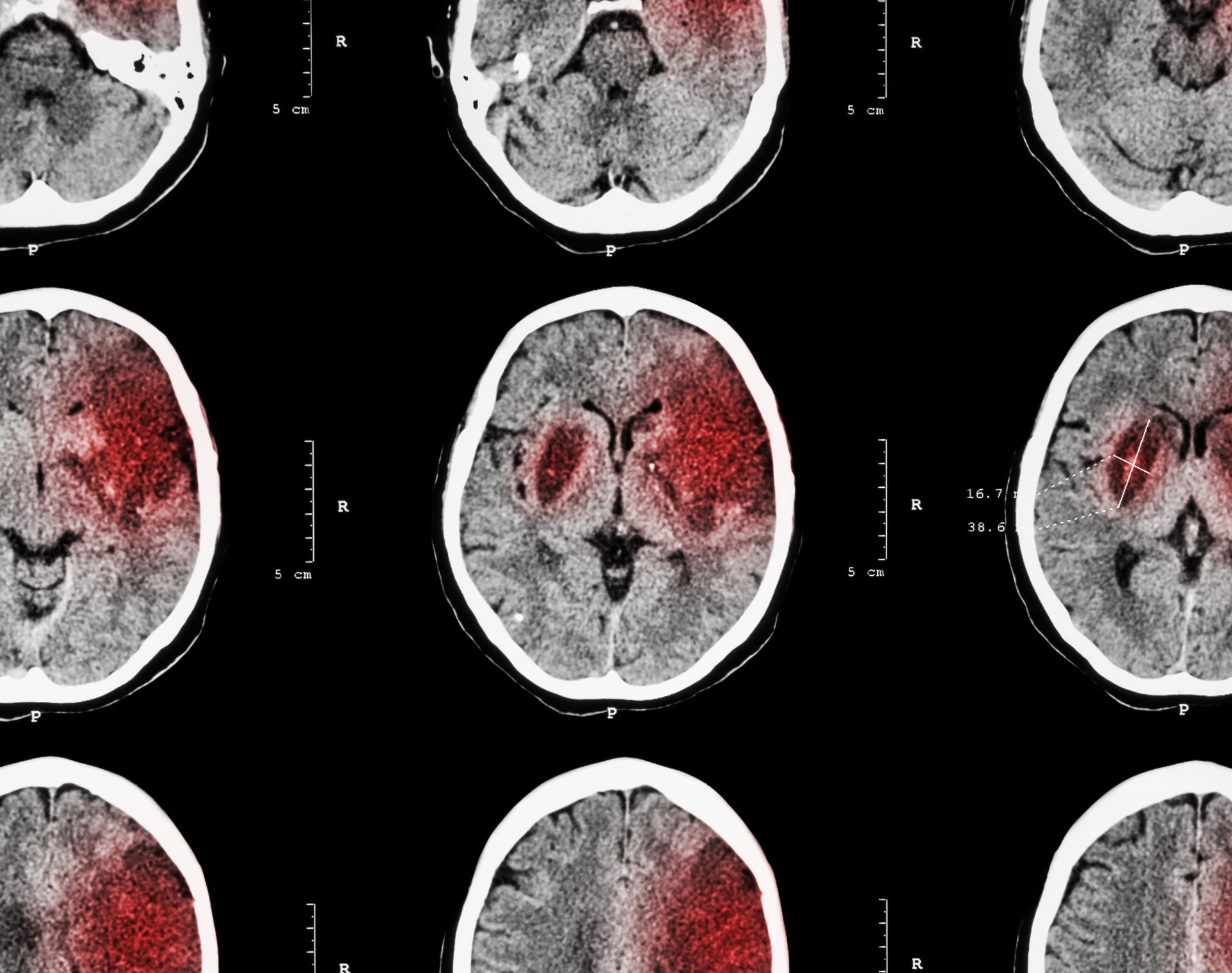Dr Nikhil Sharma
Consultant Neurologist
Specialist expertise: Headache, Migraine, Stroke, Epilepsy, Movement Disorders, Neurology.
A stroke is a serious medical condition that happens when there is a problem with the blood supply to part of the brain, resulting in damage to brain cells.

A stroke occurs when there is a problem with the blood supply to part of the brain, resulting in damage to brain cells.
Strokes are a medical emergency and urgent treatment is essential. The sooner a person receives treatment for a stroke, the less damage is likely to happen. If you suspect that you or someone else is having a stroke, phone 999 immediately and ask for an ambulance.
The effects of a stroke depend on where it takes place in the brain, and how big the damaged area is. The main symptoms of stroke can be remembered with the word FAST:
There are 2 main causes of stroke:
There is also a related condition called a transient ischaemic attack (TIA), where the blood supply to the brain is temporarily interrupted. This is known as a mini-stroke. It can last a few minutes or persist up to 24 hours.
Certain medical conditions and lifestyle factors increase the risk of having a stroke, including:
The risk of having a stroke can be significantly reduced by:
Useful resources can be found on the nhs.uk website via the hyperlinks above. If you have a condition that increases your risk of a stroke, it's important to manage it effectively. For example, taking medicine you've been prescribed to lower high blood pressure or cholesterol levels.
If you've had a stroke or TIA in the past, these measures are particularly important because your risk of having another stroke is greatly increased.
All strokes are different. For some people the effects may be relatively minor and may not last long. Others may be left with more serious problems that make them dependent on other people.
Unfortunately, some strokes can be very serious and some may lead to coma or sudden death. That’s why it’s so important to be able to recognise the symptoms and get medical help as quickly as possible.
Treatment depends on the type of stroke, which part of the brain is affected and what caused it.
Strokes are usually treated with medicine. This includes medicines to dissolve blood clots blocking the blood supply, prevent further blood clots from forming, reduce blood pressure and reduce cholesterol levels.
In some cases, a procedure known as mechanical thrombectomy may be required to remove the blood clots. Surgery may also be needed to treat brain swelling and reduce the risk of further bleeding if this was the cause of the stroke.
We are able to offer appointments to referred paediatric patients aged 12-18. For full information on our paediatrics service, please visit our main Paediatrics page.
Currently selected day
Available consultations